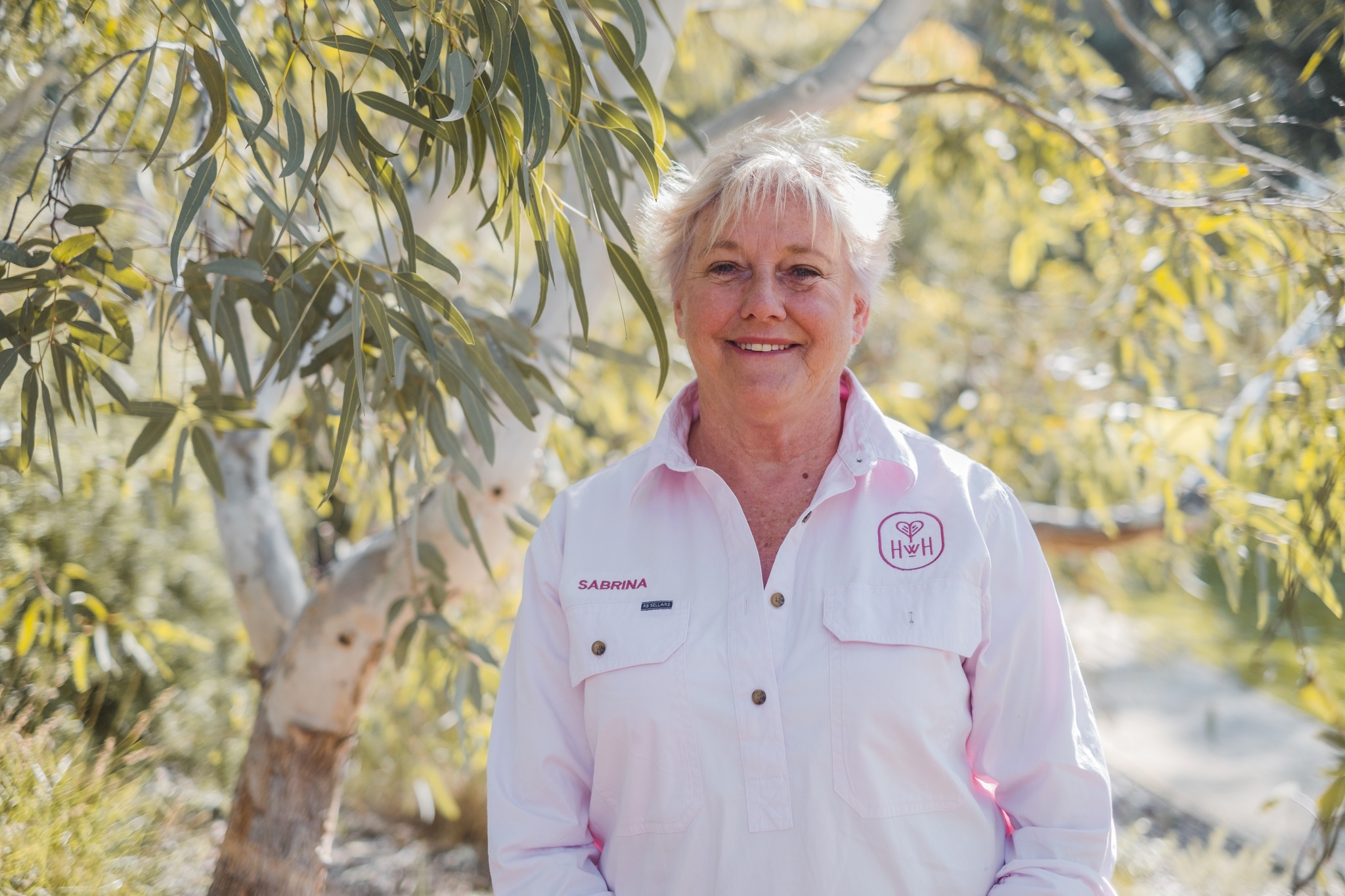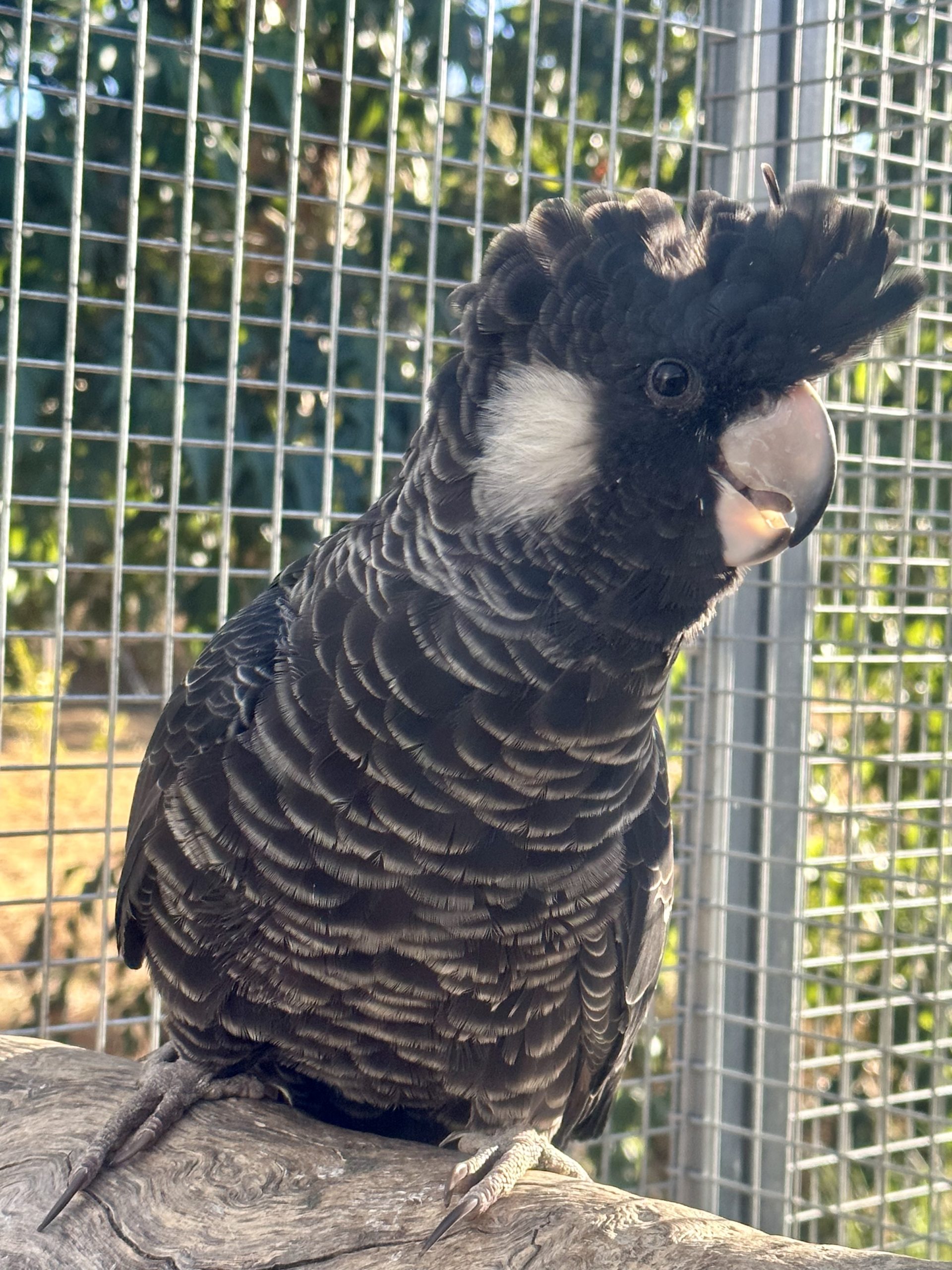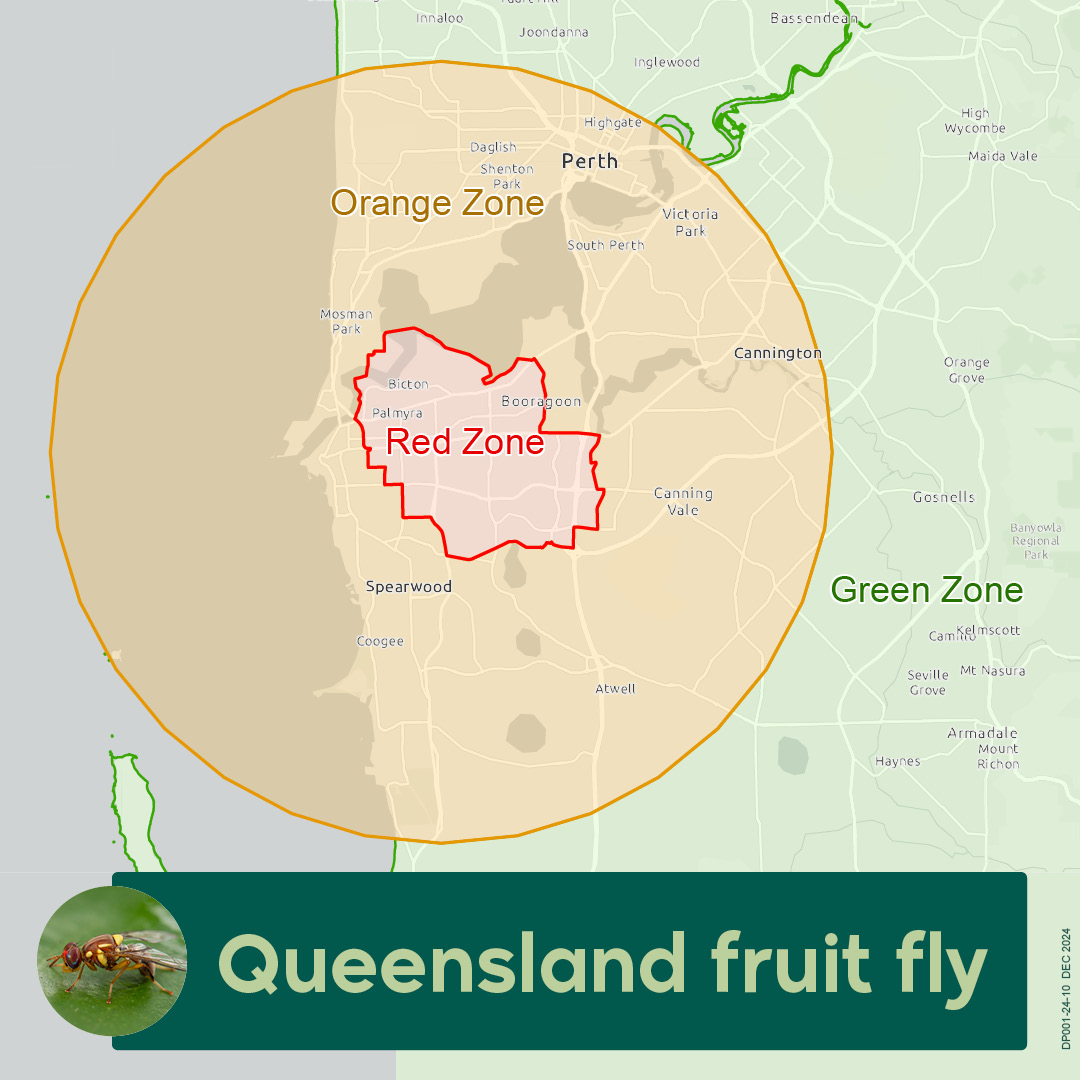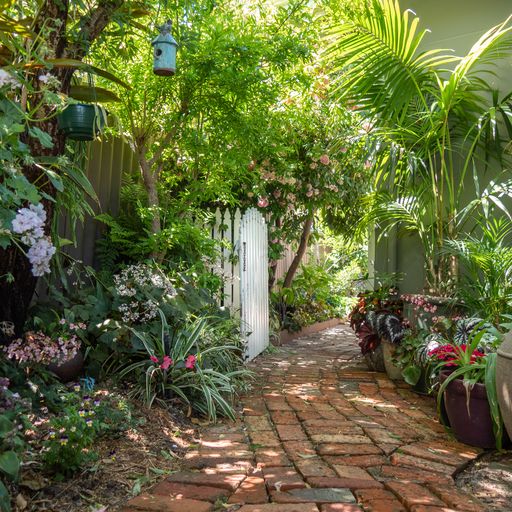A borer update
Summer is when we most appreciate our canopy cover from large trees around the house and garden. If you are lucky enough you will have an old tree in the garden that spans metres and keeps the neighbourhood cooler.
Unfortunately, some of our older trees around Perth have become victim to the Polyphagous shot-hole borer (PSHB) in particular host trees that have been recorded as reproductive to the borer and the fusarium that arrives along with it. The most common host trees are listed by DPIRD are :
Acer negundo – Box elder maple, Delonix regia – Poinciana, Erythrina x sykesii – Coral tree, Ficus macrophylla – Moreton Bay fig, Ficus rubiginosa – Port Jackson fig, Morus alba – White mulberry Morus nigra – Black mulberry, Platanus x acerifolia – London plane tree, obinia pseudoacacia – Robinia, mop top robinia, black locust.
Native trees have also been diagnosed with PSHB, in the firing line are casuarina, the Illawarra flame tree, Marri and Red flowering gum, some paperbarks and banksias. The list is expanding as diligent gardeners report suspicious tree deaths.
The Department of Primary Industries and Regional Development (DPIRD) released an updated PSHB Australian Host List on 30 November 2023, PSHB-WA-Host-List.pdf (agric.wa.gov.au) for the latest information on affected species.
The PSHB beetle is very small and the holes they produce are tiny, the size of a ball point pen. They are difficult to see unless you keenly inspect. The first symptoms are wilting and loss of lustre in the leaves, you may see some frass (sawdust) or gum exuding from the holes, but it is important to thoroughly check the whole tree.
Finding deciduous trees that are less susceptible to PSHB may be a challenge as the list is expanding and at this stage there is no control measures for the borer. Removal of host trees appears to be the only solution at present and early diagnoses will help control the spread.
If you suspect it could be shot-hole borer take some photos and send them to MyPestGuide TM Reporter APP or online mypestguide.agric.wa.gov.au
Below is a list of deciduous trees that have not yet been listed as hosts to the Polyphagous shot-hole borer (PSHB). People have been devastated to loose their magnificent old trees to the borer but unfortunately unless we all do our part to prevent the borer from spreading it will only get worse.
At this point in time the following trees have not been included in the Australian Host list of species found with PSHB. For the latest comprehensive list of host species visit the DPIRD website https://www.agric.wa.gov.au/sites/gateway/files/PSHB-WA-Host-List.pdf
Deciduous Trees not yet included on the list or non-host tree
Carya illinoinensis (Pecan)
Cercis canadensis
Jacaranda mimosifolia non host tree
Juglands (Walnut)
Lagerstroemia (Crepe myrtle)
Melia azedarach (Cape Lilac)
Pistachia chinensis (ornamental Pistachio)
Plumeria (Frangipani) non host tree
Pyrus Winter Glow, Snow Pear, Korean Sun, Manchurian
Schinus molle (Pepper tree)
Picture thanks to DPIRD



